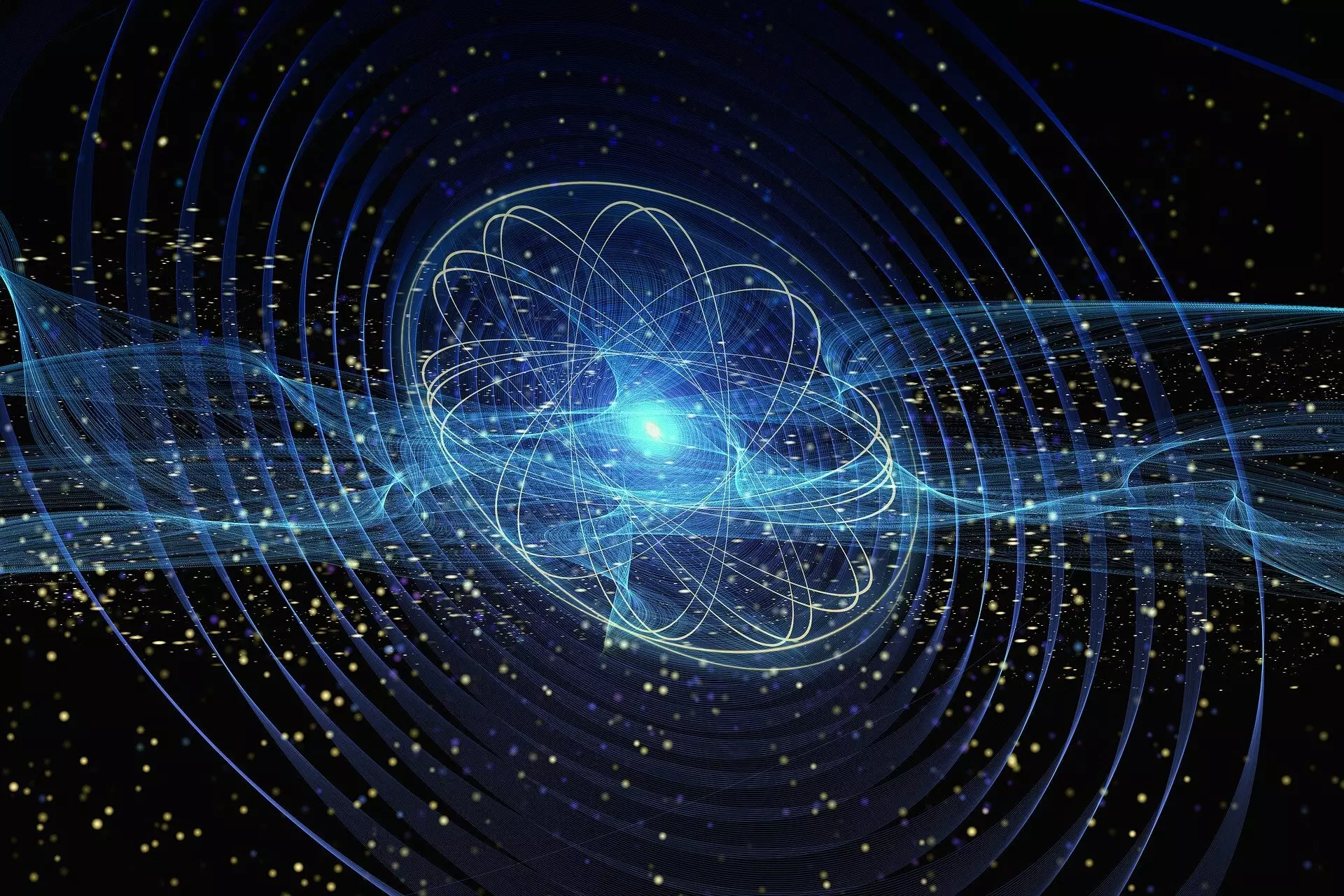Quantum computing has made significant progress in recent years with major players like Google and IBM offering cloud-based quantum computing services. However, there are still limitations that need to be addressed before quantum computers can fully replace standard computers. One of the main challenges is the availability of qubits or quantum bits, which are the basic units of quantum information. Unlike binary bits in traditional computers that represent fixed values of either 0 or 1, qubits can represent both 0 and 1 simultaneously due to a concept known as quantum superposition. While this brings the advantage of increased computational possibilities, it also introduces a vulnerability to external disturbances, leading to information loss. To overcome this challenge, researchers need to develop a reliable method of generating entanglement between physical qubits to form a logical qubit.
Currently, large corporations like Google and IBM rely on superconducting solid-state systems for quantum computing. However, one of the major drawbacks of this approach is that these systems only function at temperatures close to absolute zero. On the other hand, photonic concepts operate at room temperature, making them more practical for real-world applications. In photonic quantum computing, single photons serve as the physical qubits. While they operate faster than solid-state qubits, they are also more prone to loss and errors. To address this issue, researchers from the University of Tokyo, Johannes Gutenberg University Mainz, and Palacký University Olomouc have developed a new method of constructing a photonic quantum computer.
Instead of using single photons as qubits, the research team utilized a laser-generated light pulse that can consist of several photons. This approach offers inherent error correction capabilities, making it a promising solution for quantum computing. Professor Peter van Loock from Mainz University explained that the laser pulse is converted into a quantum optical state, enabling the system to correct errors immediately. Unlike other methods that require multiple light pulses and complex interactions to form logical qubits, this new approach only requires a single light pulse to create a robust logical qubit. In other words, a physical qubit is already equivalent to a logical qubit in this system, which is a groundbreaking concept.
While the concept of using laser-generated light pulses to form logical qubits shows promise, the experimental results from the University of Tokyo indicate that further improvements are needed. The quality of the logical qubit produced did not meet the necessary level of error tolerance. However, it does demonstrate the potential to convert non-universally correctable qubits into correctable qubits using innovative quantum optical methods.
The development of a reliable photonic quantum computer has the potential to revolutionize various industries, including cryptography, drug discovery, and optimization problems. The ability to perform quantum calculations at room temperature without the need for complex cooling systems opens up new possibilities for practical applications. As researchers continue to refine and improve the laser-generated light pulse approach, we can expect significant advancements in the field of photonic quantum computing.
While quantum computing still faces challenges, advancements in photonic quantum computing offer a promising path forward. The use of laser-generated light pulses as logical qubits presents a unique and efficient method of error correction, overcoming the limitations of traditional approaches. With continued research and development, photonic quantum computers may soon become a reality, unlocking unprecedented computational power for solving complex problems.


Leave a Reply